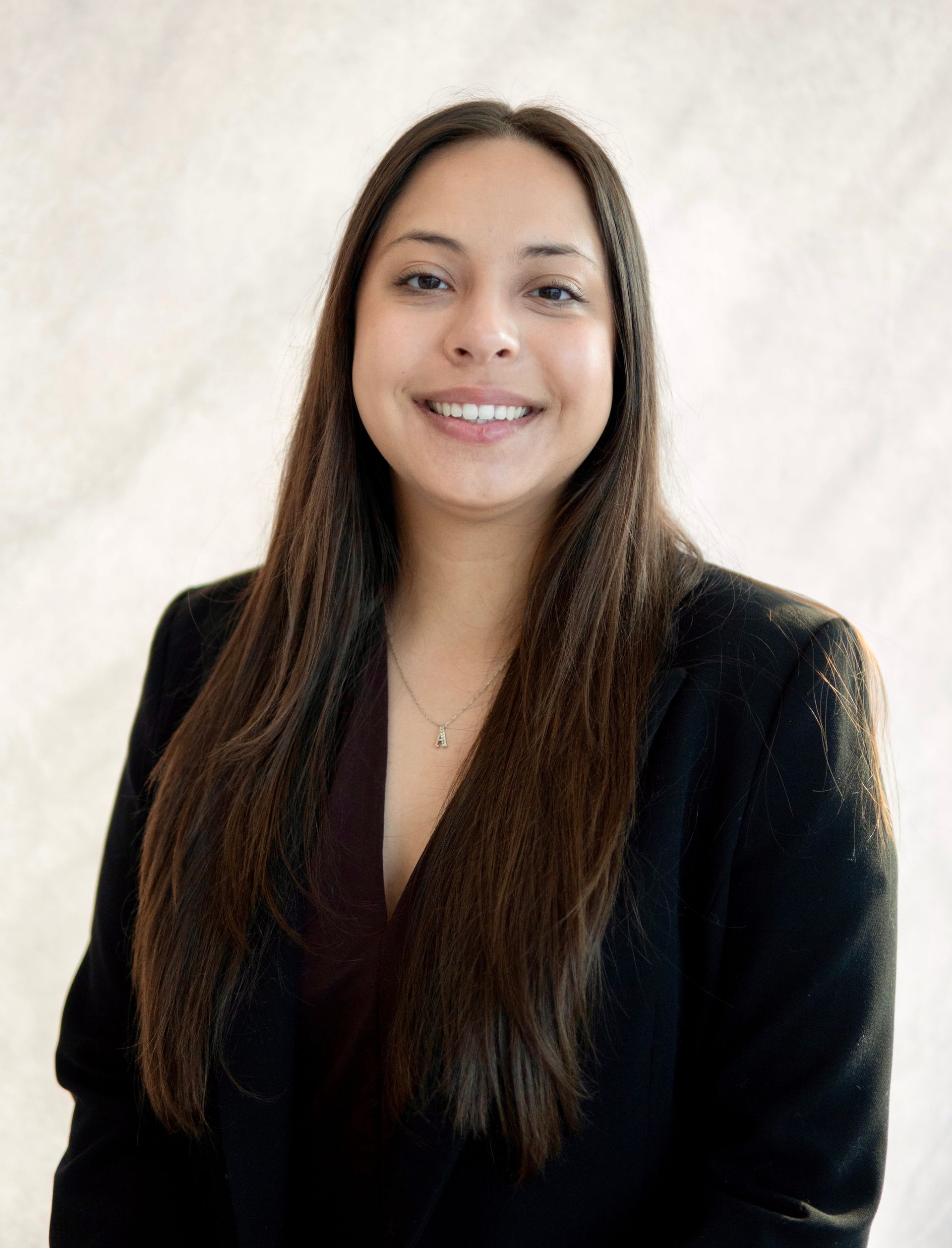ASDA Dental Dose Blog
Get your daily Dose of Dentistry here!
Tooth Be Told:
A Non-Traditional Guide to Dentistry
advice from a non-traditional applicant
Being a Non-Traditional Applicant: Anna's Story
At a young age, dental imperfection manifested in the ability to slide my tongue between the pronounced gap in my front teeth. The transformative journey through orthodontics not only aligned my smile and sparked the confidence of a young woman, but it also ignited an insatiable curiosity for the dental profession. During school breaks, I honed my skills in instrument sterilization at a dental clinic and gained invaluable exposure to my first patient interactions. Dreaming of a future in orthodontics, I applied to college and declared myself a pre-dental student.
College, however, took me on an unexpected detour. My career aspirations underwent a fundamental shift in the wake of profound personal losses punctuated with my father’s passing. My ambitions of becoming the first female doctor in my family dimmed and were replaced by a pragmatic focus on securing employment after college and navigating survival in a changing world without the help of one of my parents.
After graduating from UT Dallas in 2021, I began working as a Business Operations Coordinator in the Texas Medical Center here in Houston. I was proficient in my role supporting faculty physicians while overseeing the duties of two assistant coordinators. Despite my capabilities, it quickly became clear that the work I performed failed to inspire the passion I sought out. Although I was operating in the realm of healthcare leadership, supporting professionals leading change in the medical community, I yearned to make a more personal impact. By March 2023, I was studying for the DAT and enrolling in prerequisite courses at The University of Houston.
Returning to the pre-dental path as a non-traditional student came with challenges, but also valuable lessons. Preparing for the DAT was a test of discipline and mental fortitude as I committed to relearning subjects I hadn’t studied in years. I experimented with different study methods and immersed myself in practice questions. Some days were filled with confidence, but (honestly) most were clouded by frustration and self-doubt. By following a study schedule, giving myself grace, and reminding myself why I started this journey, studying for the DAT as a post-bacc student was an educational experience beyond the scope of the test itself. Every hour of studying, every practice test, and every obstacle had been worth it once I received my score.
Self-doubt has been a constant companion on this journey. I’ve questioned whether my previous academic performance would hold me back or if there’s anything special about me to help me stand out as an applicant. With every challenge I face and every milestone I reach, I realize that my past experiences have equipped me with valuable skills needed to succeed in dentistry. From restaurants to hospitals, I’ve learned that great patient care isn’t just about technical skill, but also about listening, empathy, and trust. These qualities gained from previous, unrelated experiences as a non-traditional student will help me provide compassionate, patient-centered dental care.
Taking a non-traditional path to dentistry highlights the value of transferable skills, allowing applicants to draw from past experiences to succeed in new challenges and cultivate a unique approach to patient care. Whether it’s explaining a procedure to an anxious patient, creating a calming environment, or providing reassurance after a difficult diagnosis, interpersonal skills gained from seemingly unrelated experiences are invaluable in shaping the way one cares for their patients.
Forging Your Own Path to Dentistry & Getting Started:
For those who are considering a non-traditional path to dental school, know that your journey is just as valuable as anyone else's. Whether you've worked in a different field, faced personal hardships, or taken time to explore other career options, these encounters will only strengthen your ability to connect with patients. Dentistry requires resilience, adaptability, and empathy—all of which are honed through life's challenges. Don’t let an unconventional path deter you; instead, use it as an advantage. Leverage your unique background to bring fresh perspectives to the field and never underestimate the power of perseverance.
What is a Non-Traditional applicant? Those who do not follow the typical path of applying or matriculating to dental school immediately after college, potentially taking gap years, changing careers, or having diverse backgrounds such as military service or caregiving responsibilities.
What is a Post-Baccalaureate student? Someone who has already earned a bachelor’s degree but needs to complete prerequisite courses and improve their academic record to become competitive for dental school applications.
As a Non-Traditional applicant, I completed a “DIY” Post-Bacc curriculum at The University of Houston and enrolled only in the prerequisite courses I needed to apply to dental school. However, Post-bacc programs are designed to help individuals transition from undergraduate to professional schools, especially if you have a non-science background or need to improve your GPA. Some Post-Bacc program options are:
- Texas A&M College of Dentistry Post-Baccalaureate Program
- University of St. Thomas Post-Baccalaureate Pre-Health Program
- Rockhurst University Pre-Dentistry Post-Baccalaureate Program
- Creighton University Pre-Dental Post-Baccalaureate
What Do I Need to Apply to Dental School?
Beyond academic qualifications, schools seek well-rounded applicants with diverse experiences and a clear passion for dentistry. Each step plays a vital role in strengthening your application. Set yourself up for success early!
- Complete prerequisite courses: Each dental school has specific science course requirements.
- Good GPA: Aim for a strong GPA (above 3.5), both overall and in science courses. Consider various post-bacc programs or a masters degree.
- Prepare for the DAT: In Texas, a score of 21 or higher is considered competitive.
- Gain experience: Experience in volunteering and research does not have to be related to dentistry. Gain experience shadowing general dentists and specialists.
- Letters of recommendation: Seek strong letters of recommendation from science faculty and dentists. If you completed post-bacc coursework, get a letter from someone who can speak to your academic readiness recently.
- Personal Statement: This is the perfect opportunity to showcase your experience as a non-traditional applicant and your passion for dentistry. Have trusted peers read over your drafts and provide feedback, or make an appointment with the UH Writing Center for further guidance!
- Apply to dental schools: Apply early!! The TMDSAS application opens May 15.
How To Study for the DAT:
The road to dentistry as a non-traditional applicant is filled with opportunities for growth. You might face unique challenges that others will not, such as working full-time or even caring for children while preparing for the DAT. It may feel overwhelming, but let’s break it down into more manageable steps.
- Time management: I followed Ari’s 180-day study schedule on Bootcamp Plus, and modified it to fit my needs. As a non-traditional student, give yourself additional time to learn new material and relearn old material.
- Find balance: Be flexible! Juggling full-time work, family commitments, and studying requires constant adjustment. Assess your schedule weekly and decide where you will dedicate the most time.
- Maximize resources: It’s easy to feel isolated as a non-traditional applicant. I was not yet an ASDA member when I took my DAT, so I turned to the DAT Bootcamp Study Group Facebook page to connect with others, stay motivated, and gain additional insight.
- Know your WHY: The road ahead might not always feel smooth. Write down your reasons for pursuing dentistry and refer to them when frustration creeps in. It’s important to remember that self-doubt is natural, and non-traditional and traditional applicants alike experience this.
What to Include in my Dental School Application as a Non-Traditional Applicant?
Your non-traditional background is your biggest strength. Schools want well-rounded students with real-world experience. Weave your past experiences into your application effectively to stand out as a resilient, adaptable, driven future dentist–make your journey work for YOU.
- Why dentistry? In your personal statement, clearly explain what led you to dentistry and what solidifies your commitment to the field. How does your background give you a fresh perspective in dentistry?
- Your non-traditional-ness: Acknowledge your unique journey, how it shaped you, and what you’ve learned. How do your past experiences make you a better candidate?
- Transferable skills: This is a big one! Demonstrate how your previous experiences (jobs, volunteering, leadership, etc.) contribute to your ability to be a great dentist. What have you learned?
- Customer service: communication, patience, problem-solving
- Healthcare/Business administration: exposure to patient care, teamwork, leadership
- Parenting/Caregiving: time management, empathy, resilience
- Growth and resilience: Address challenges you have faced in your pre-dental journey such as balancing work, relearning science coursework, and managing familial responsibilities and explain how they’ve prepared you for dental school. What challenges have you faced?
So... What Now?
- Join ASDA
- Reach out to a mentor
- DAT prep
- Seek out shadowing opportunities
- Get involved in your community
Taking the non-traditional path to dentistry may come with its own set of challenges, but it also provides unique opportunities for growth, resilience, and self-discovery.
Your past experiences equip you with invaluable skills that will make you a compassionate and adaptable dentist. Remember, dentistry is not just about technical expertise, it’s about understanding and connecting with patients on a deeper level. Embrace your journey, leverage your unique strengths, and take pride in the path that has led you here.
Your experiences set you apart, so use them to forge your own way in dentistry with confidence and purpose.

This Article was written by Anna Denkeler:
Hello! My name is Anna Denkeler, and I graduated from The University of Texas at Dallas in Spring 2021. I attended the University of Houston for the 2023-2024 academic year as a post-baccalaureate student and was recently accepted to a Texas dental school! I am forever grateful to the UH ASDA organization for their support, providing exciting volunteer opportunities and meaningful ways to connect with others in the pre-dental community. Thank you, UH ASDA, for everything!

